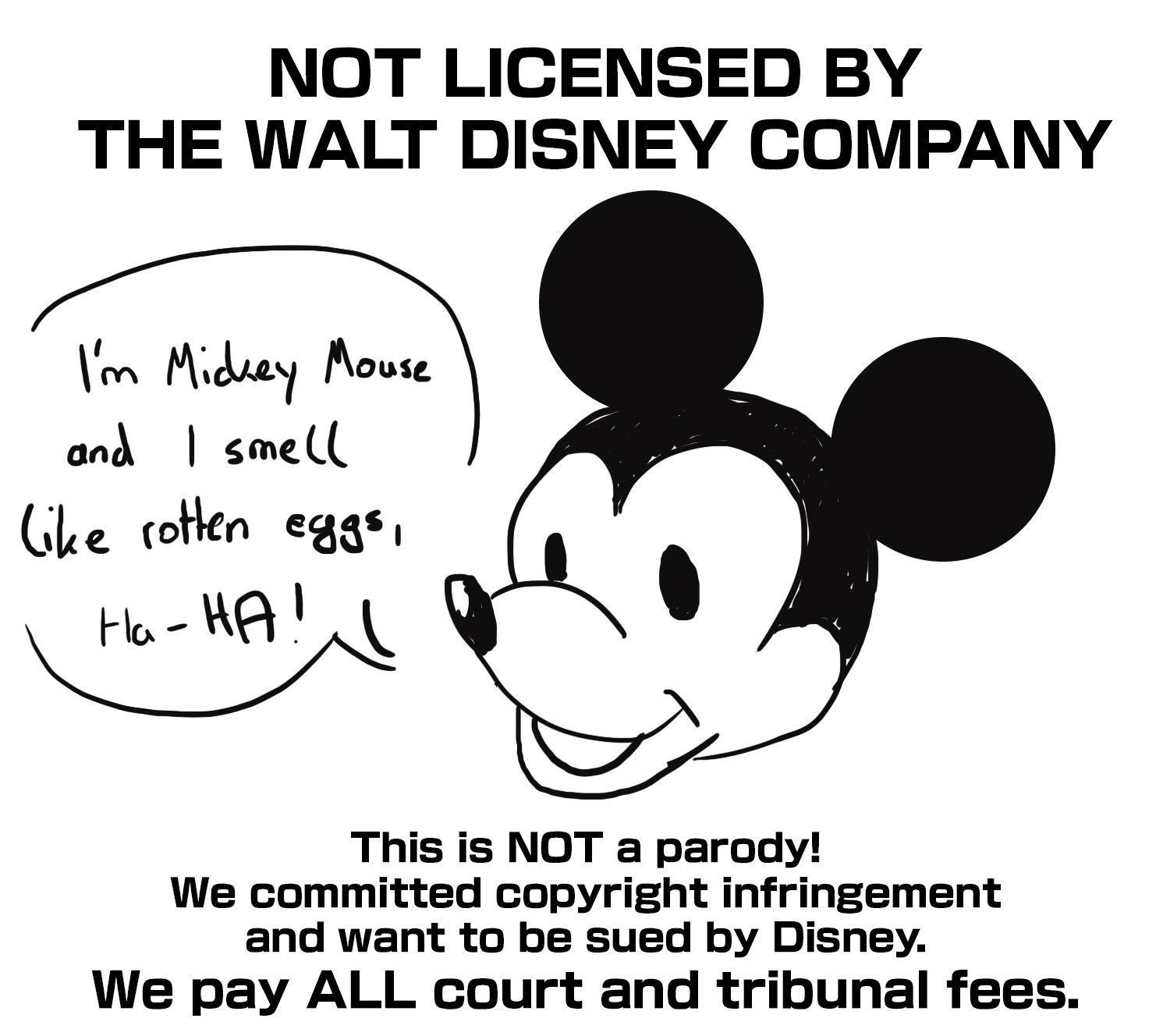this post was submitted on 17 Sep 2023
990 points (97.5% liked)
internet funeral
6810 readers
360 users here now
ㅤㅤㅤㅤㅤㅤㅤㅤㅤㅤㅤㅤㅤㅤㅤㅤㅤㅤㅤㅤㅤㅤㅤㅤㅤㅤㅤㅤart of the internet
What is this place?
• !hmmm@lemmy.world with text and titles
• post obscure and surreal art with text
• nothing memetic, nothing boring
• unique textural art images
• Post only images or gifs (except for meta posts)
Guidlines
• no video posts are allowed
• No memes. Not even surreal ones. Post your memes on !surrealmemes@sh.itjust.works instead
• If your submission can be posted to !hmmm@lemmy.world (I.e. no text images), It should be posted there instead
This is a curated magazine. Post anything and everything. It will either stay up or be lost into the void.
founded 1 year ago
MODERATORS
you are viewing a single comment's thread
view the rest of the comments
view the rest of the comments

As a musician, IP law is anathema to the development and expression of culture. As musicians we are raised on music in the public domain (classical music, folk songs), we cover bands that are inspirational to us, we reference famous melodies or ideas in our work. It isn't all just cold-hearted capitalist thievery. Quotation used to be a normal aspect of music (even the greats like Beethoven did it) but it you get organizations like the Marvin Gaye estate who frivolously sue any artist who even considers referencing his music. What does that leave culture? Is it a good likelihood that Gaye's music will have as much staying power over the centuries if his estate fights bitterly to quash his music from being referenced and disseminated?